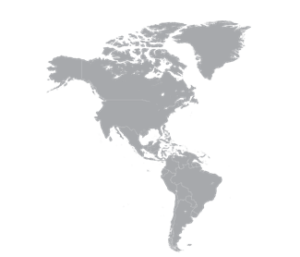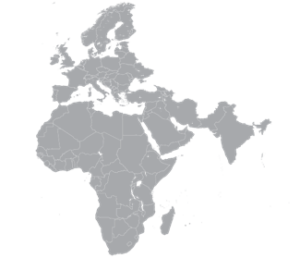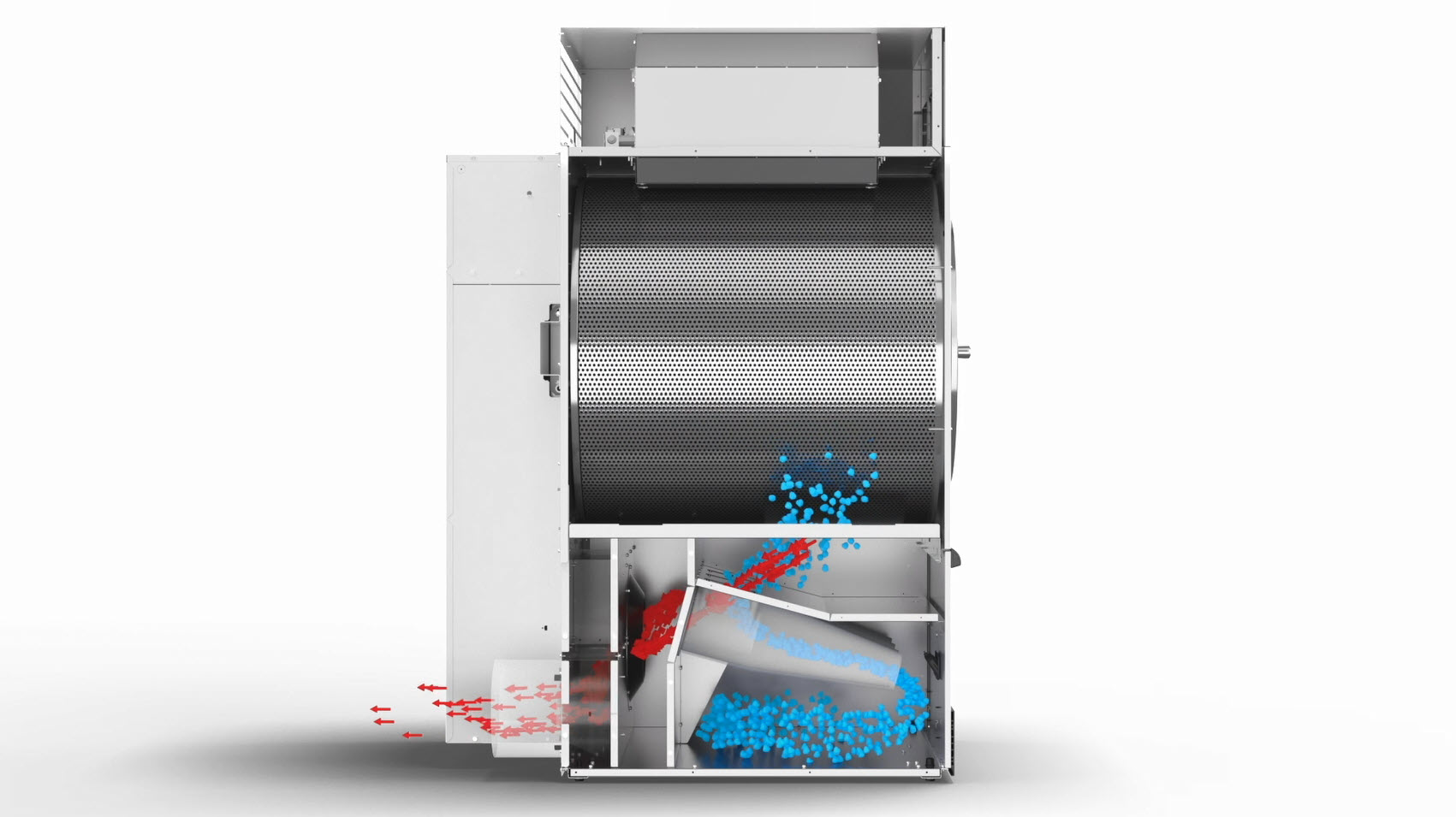Alliance Laundry Systems, the global leader in commercial laundry equipment, announces the introduction of a revolutionary dryer feature that eliminates the problems caused by lint.
ProCapture uses patent-pending cyclone technology to capture 98 percent* of dryer lint – a significant increase over the lint screens used in most commercial tumble dryers. The technology brings a variety of advantages to laundromats and on-premises laundries, including reduced service and maintenance costs on everything from HVAC systems to water heaters, and other electronics/components.
“ProCapture is more than just a tumble dryer feature. As anyone in the laundry industry knows, lint causes a number of issues for operations,” said Craig Dakauskas, Senior Vice President, Americas Commercial, Alliance Laundry Systems. “Through this technology, we are virtually eliminating these problems.”
With this industry-first feature, Alliance will drive improved tumbler performance, reduce staff time spent cleaning lint compartments, and reduce maintenance costs – all benefits that deliver real dollars in savings. ProCapture succeeds where lint screens and even expensive stand-alone systems, which can be costly to maintain, fail.
“Ask any laundromat owner, who services their rooftop HVAC unit every few years, about the costly impact of lint in the environment,” Dakauskas said. “With ProCapture, Alliance Laundry Systems has effectively eliminated this cost for owners and, in the process, reaffirmed its industry leader and innovator status.”
The ProCapture feature is available for order now on Alliance Laundry Systems-produced 75-pound capacity tumblers. It will be available on 30-pound stacks in March of 2024, and rolled out for additional capacities in the future.
To learn more about all things ProCapture and watch a video about the new technology, see above.
* Results derived from internal lab testing environment produced 97.84% lint capture efficiency with bath towel loads dried at 185 degrees Fahrenheit. No independent lab testing was conducted. These results represent findings from controlled laboratory conditions and may not accurately simulate real-world usage of the product as effectiveness can vary widely depending on factors such as method of use, load type, environment, individual user characteristics, and other circumstances.




